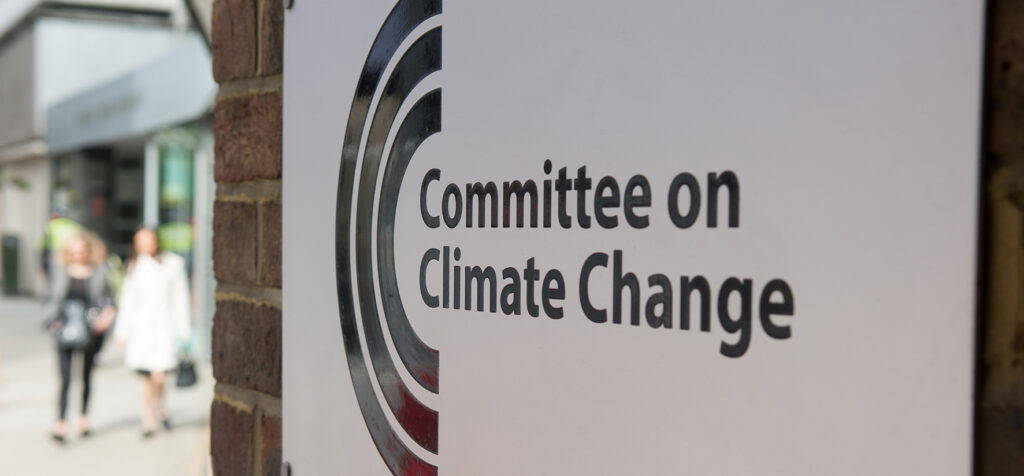Watch: Boxing Legend Floyd ‘Money’ Mayweather Declares Trump ‘Best President Ever’
Meloni Blasts Macron For Plan to Deploy Franco-Anglo Forces in Ukraine
19 Arrested In Florida Sex Trafficking Sting, Including College Professor, Elementary School Employee, Fireman & Illegal Alien
UK Govt Must Impose Radical Lifestyle Changes On Citizens Says Climate Change Committee

The UK’s official Net Zero advisory body has told the Government that to hit Net Zero it must impose radical lifestyle changes on the population. According to the Clinate Change Committee Brits need to reduce […]
The post UK Govt Must Impose Radical Lifestyle Changes On Citizens Says Climate Change Committee appeared first on The People’s Voice.
